Retinal transplantation studies
Several groups around the world are investigating the use of retinal transplantation in the treatment of inherited retinal diseases.
Search results
Several groups around the world are investigating the use of retinal transplantation in the treatment of inherited retinal diseases.
Please read our conditions of use carefully as by using the website you will be assumed to have agreed to be bound by them.
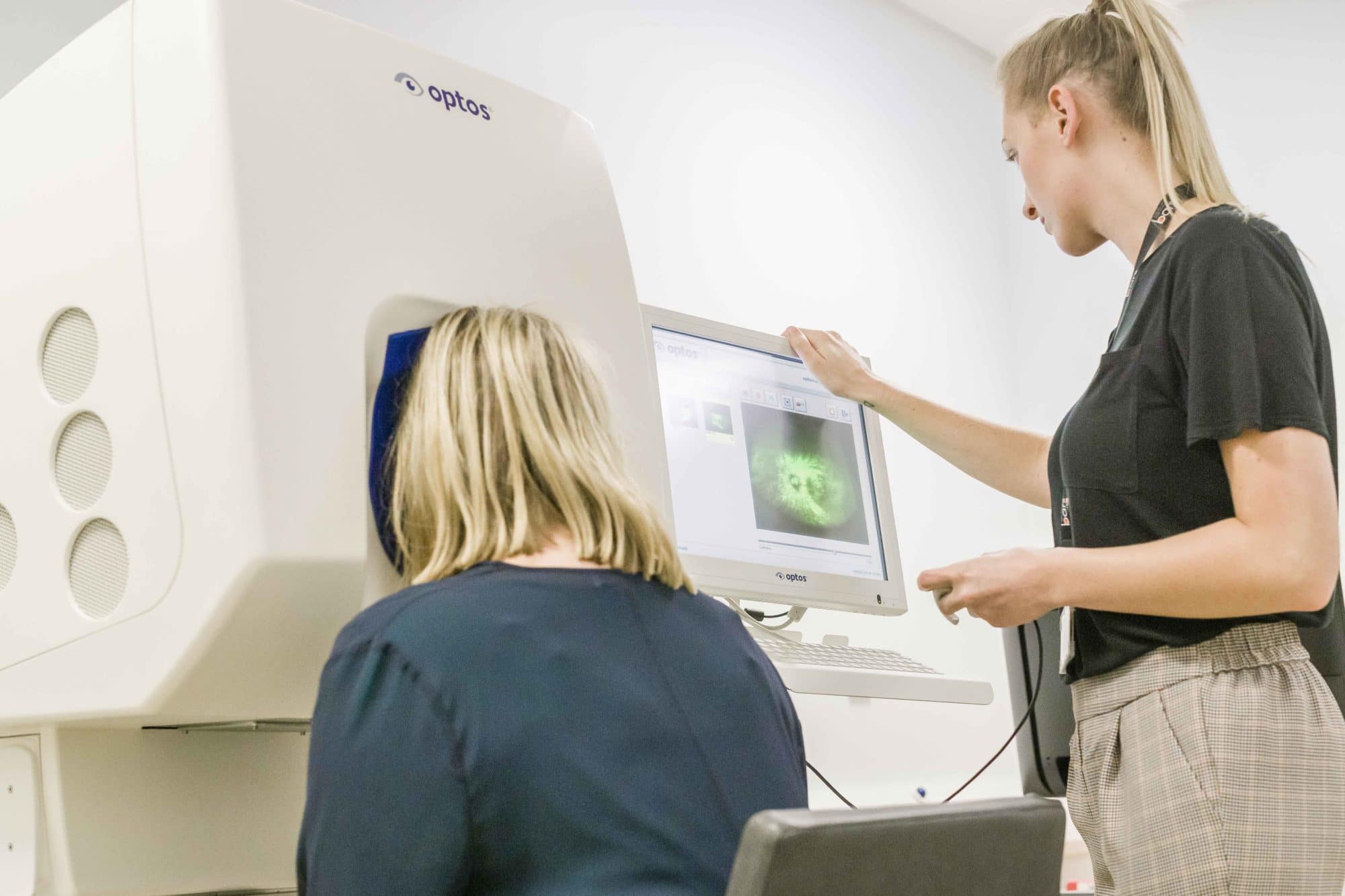
UK researchers have discovered that passing a weak electrical current between electrodes on a person’s scalp may lead to a reduction in frequency of the visual hallucinations experienced by some people living with sight loss.
Despite the knock-on effects of the pandemic, there’s been a lot going on this year in the world of research! Here are snapshots of a few stories that have appeared in the Research News section of our website in 2022.
Our monthly e-Newsletter featuring the latest updates from Retina UK. Subscribe now to receive these updates directly to your email.
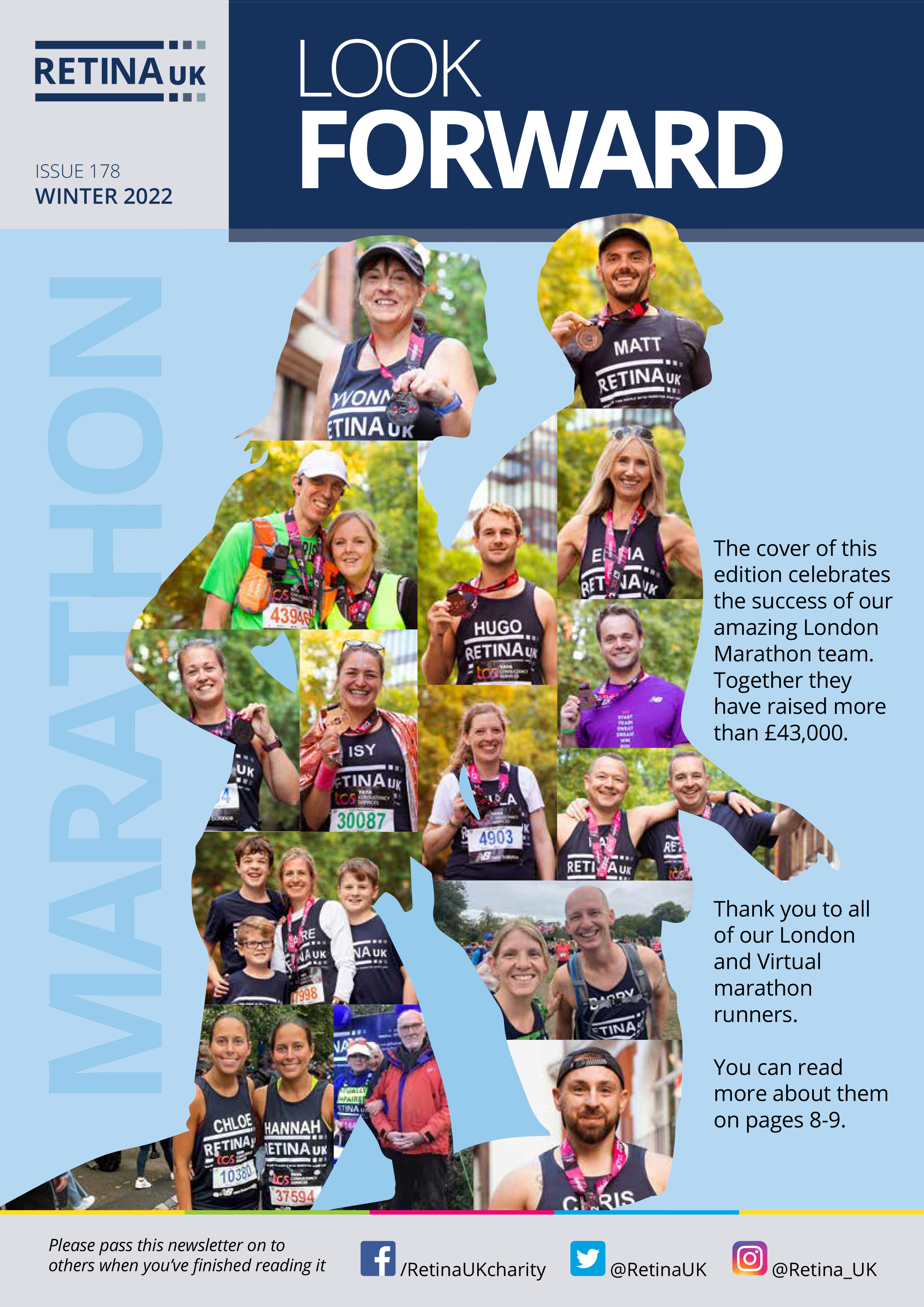
The cover of this edition celebrates the success of our amazing London Marathon team. Together they have raised more than £43,000.
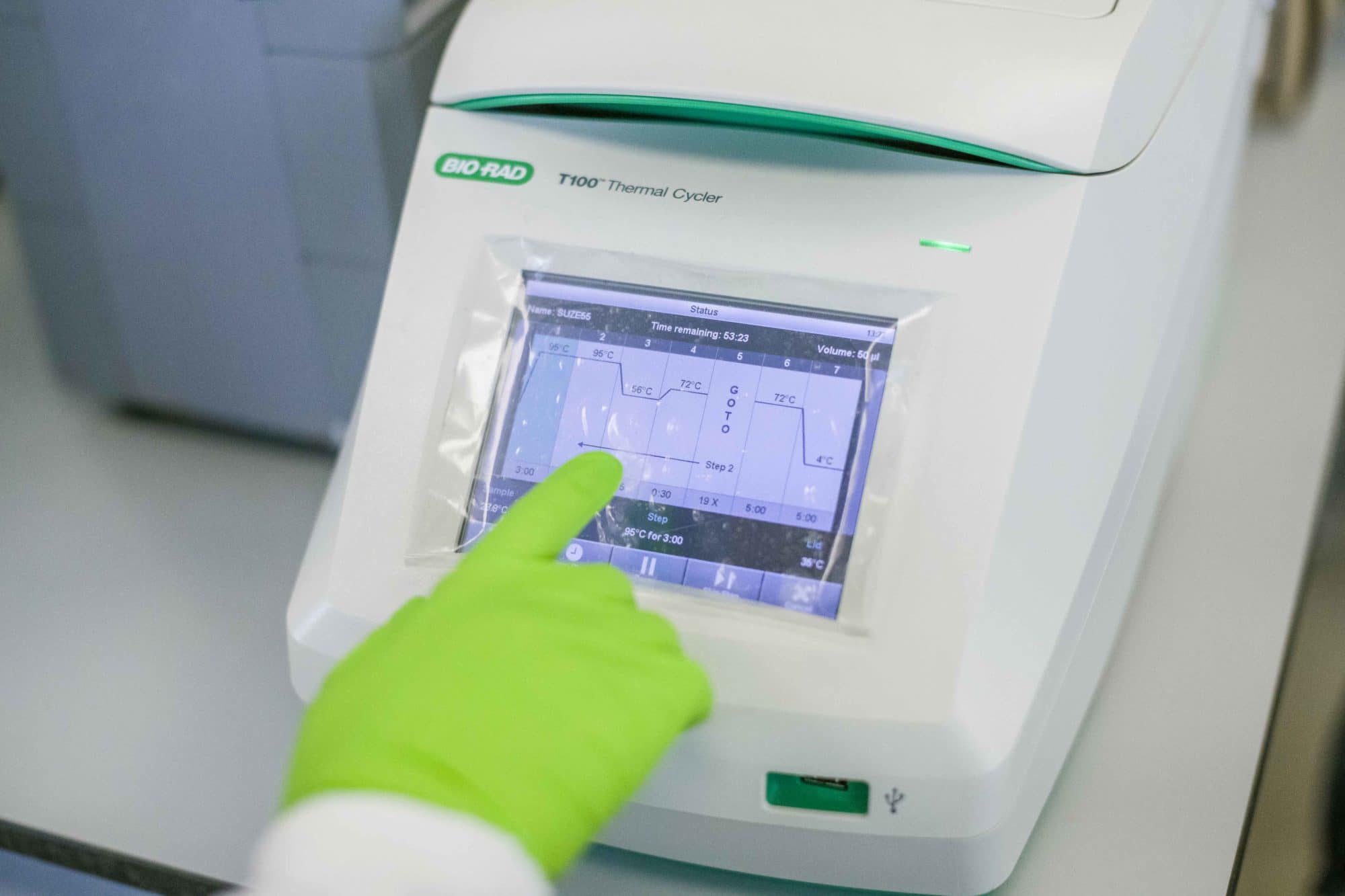
Retina UK aims not only to progress research along established threads, but to stimulate new thinking, encourage innovative approaches and nurture original ideas.
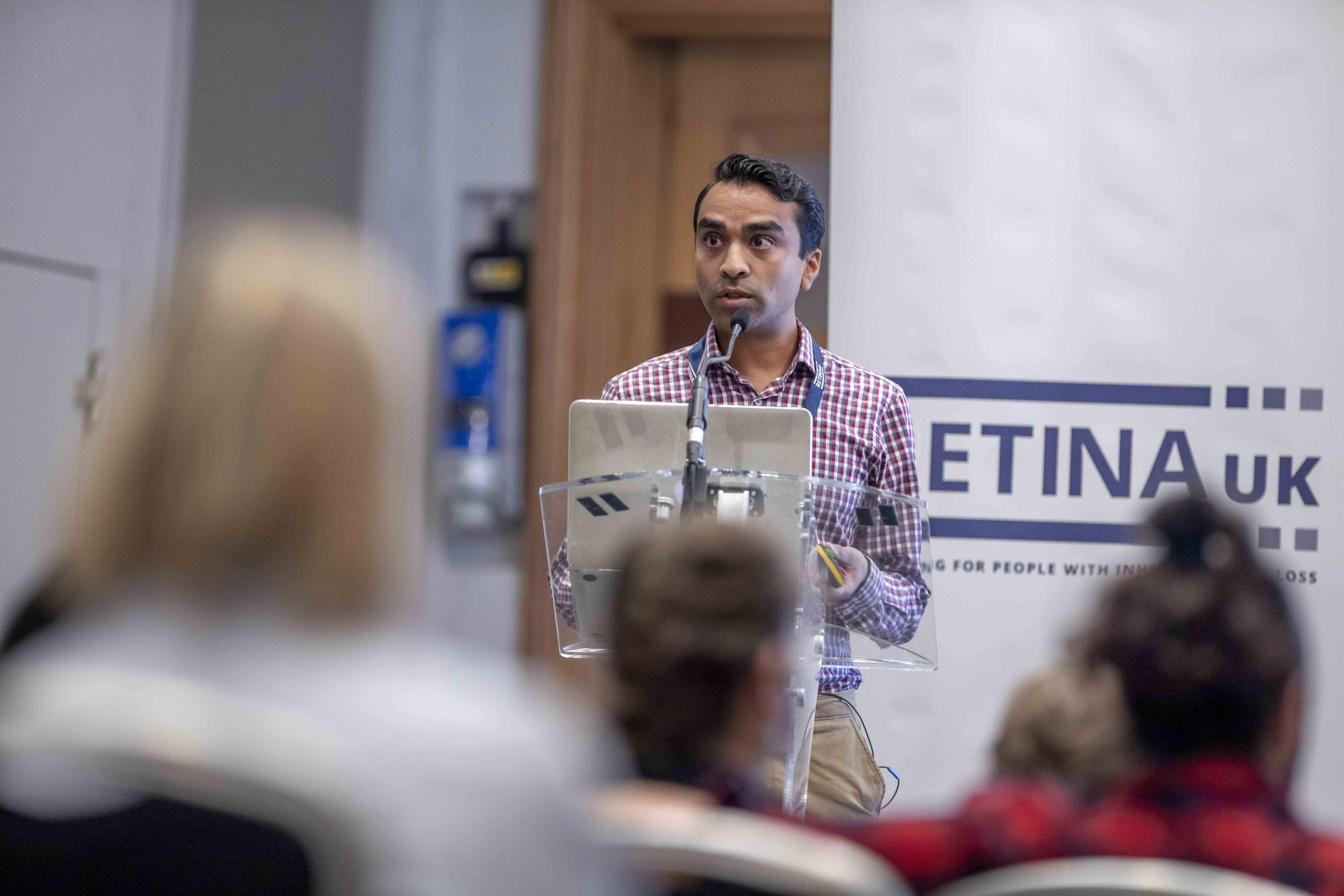
Funding from Retina UK has allowed to team to explore the viability of gene therapy as a treatment for RP and related conditions, and build a pipeline of clinical trials.
The following projects were being funded by Retina UK and have recently come to an end.
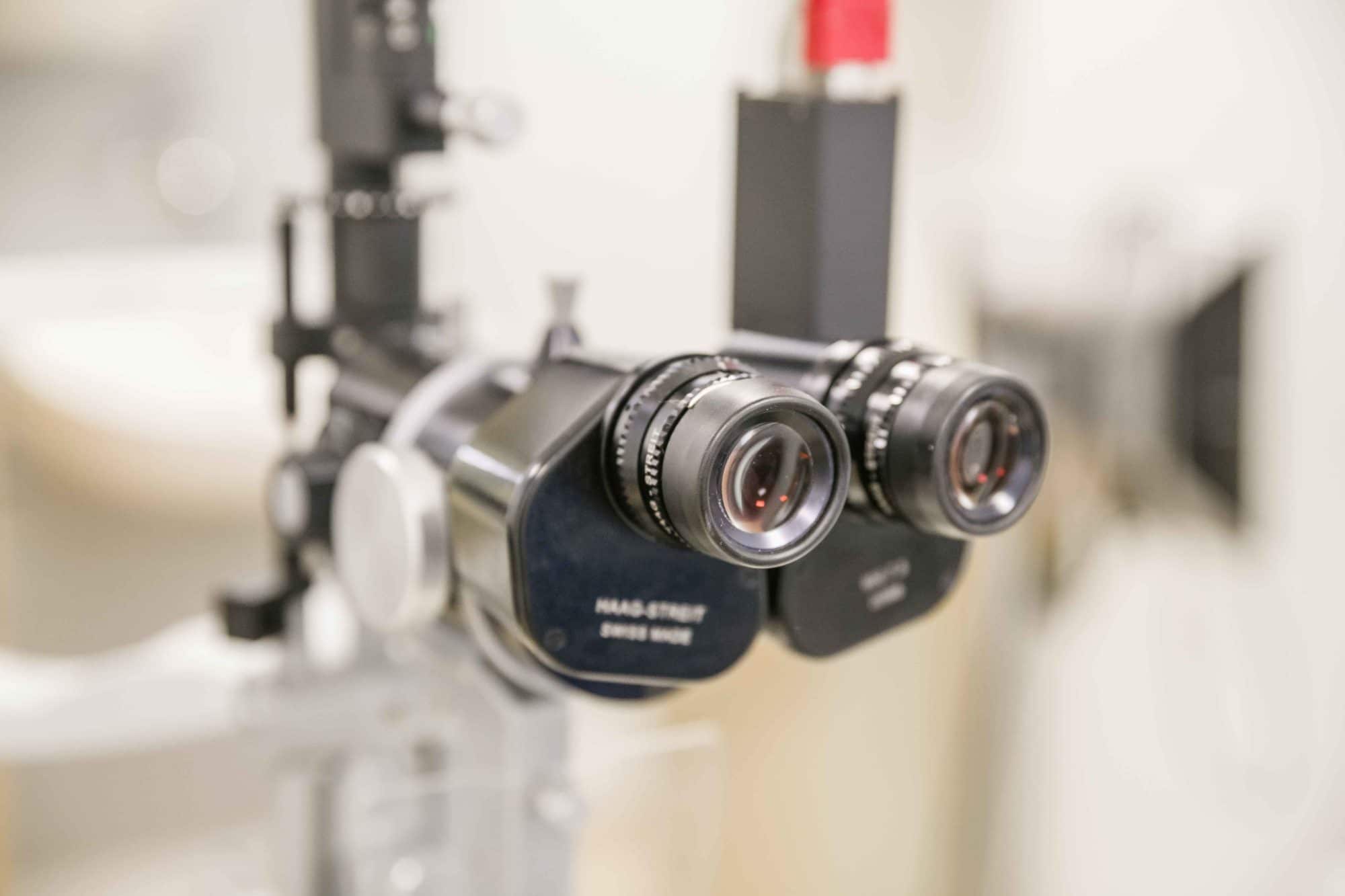
Researchers who received funding from Retina UK have carried out experimental gene therapy that is reported to have led to ‘life changing improvements’ to sight for four children with inherited sight loss.